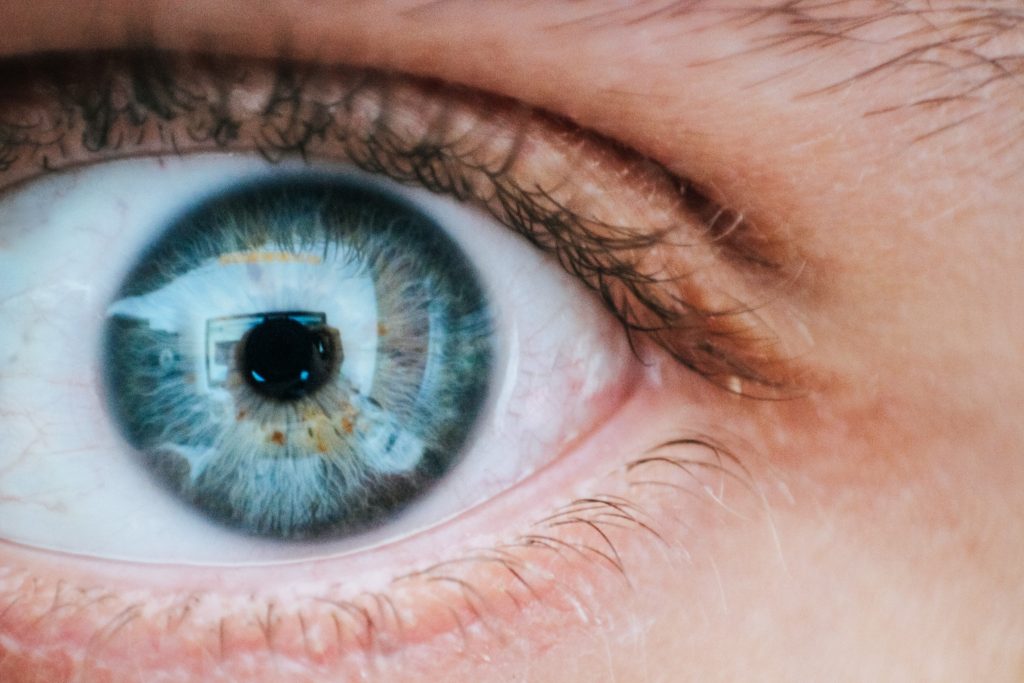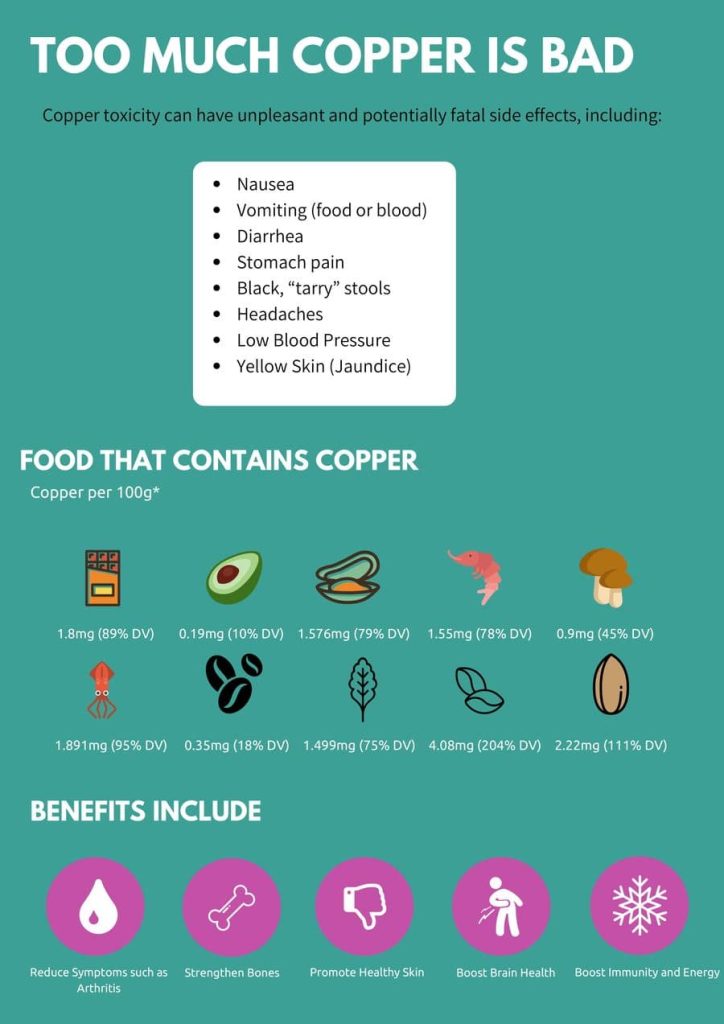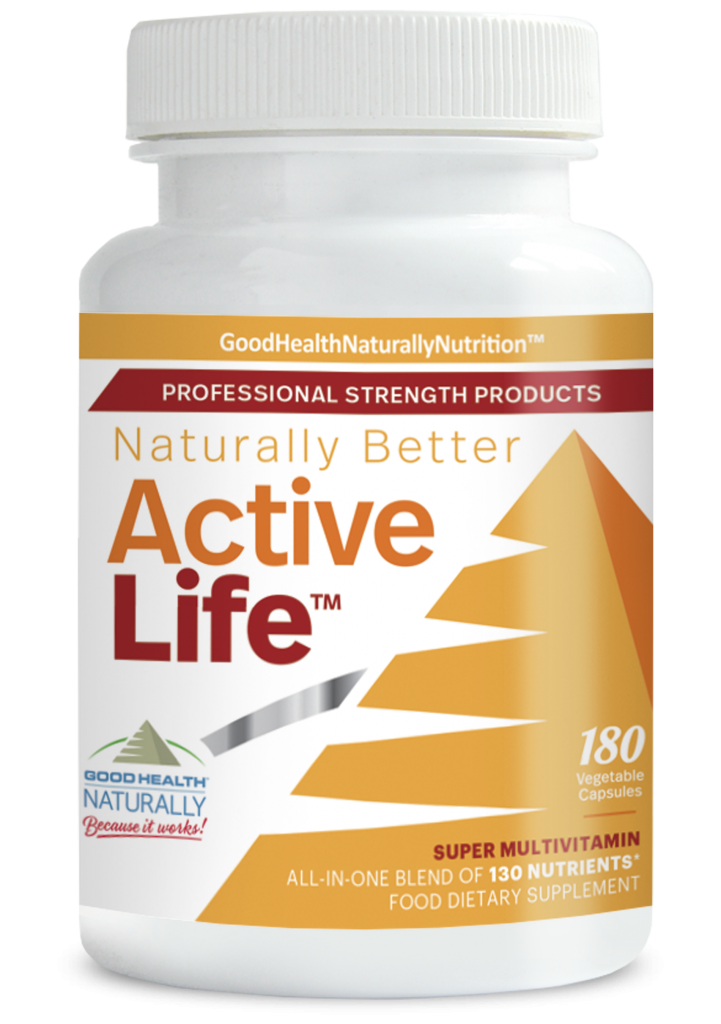,1. Feeling Fatigue

When your copper levels are low, the body can potentially absorb less iron. The result is iron deficiency anemia where the body is unable to carry enough oxygen to its tissues. Lack of oxygen can easily make you feel tired and weak.
Cells also use copper to generate adenosine triphosphate (ATP) and this is the body’s main source of energy. Copper deficiency may therefore affect your energy levels, promoting fatigue and weakness.
Eating foods rich in copper or choosing a copper-enriched supplement may hel to fix any anemia caused by this deficiency.
2. Weak and Brittle Bones

Weak bones are a common occurrence with age and this has been linked with copper deficiency. One analysis of eight studies including over 2100 people found that those with osteoporosis had lower levels of copper than healthy adults.
Copper is also involved in processes that create cross-links inside your bones. It is these cross links that keep bones healthy and strong.
Copper also plays an essential role in creating osteoblasts – cells that help to reshape and strengthen bone tissue.
3. Vision Loss

Losing your vision is a major side effect that can occur with long-term copper deficiency. Copper is used by enzymes to ensure the nervous system works properly. A deficiency of copper can cause problems with the nervous system, resulting in vision loss.
Vision loss through copper deficiency is most common amongst people who’ve had surgeries such as gastric bypass surgery. Or any surgery affecting the digestive tract. This happens because these surgeries reduce the body’s ability for copper absorption.
Some evidence suggests that vision loss caused by copper deficiency is reversible. Yet other studies show there is no vision improvement from an increased copper intake.
4. Difficulty Walking

Enzymes that use copper can maintain the optimal health of the spinal cord. Some enzymes can help with insulating the spinal cord, so that signals can be relayed between the brain and body.
Copper deficiency can cause enzymes to not work as effectively, so this creates less spinal insulation. In turn, the signals are not relayed as efficiently.
Walking is regulated between the brain and body, so when signals are affected, the copper deficiency may cause loss of coordination and unsteadiness.
5. Memory or Learning Problems

Copper deficiency can make it more difficult to learn and remember things. Enzymes use the copper to help supply energy to the brain, aiding the brain’s defense system and relaying signals to the body.
In comparison, copper deficiency is linked to diseases that stunt brain development, along with affecting the ability to learn and remember such as Alzheimer’s Disease.
One study found that people with Alzheimer’s had 70% less copper in their brain compared to people without the disease.
6. Frequent Sickness

Copper plays an important role in maintaining a healthy immune system. If your copper levels are low, the body struggles to make immune cells. This drastically reduces your white blood cell count, therefore compromising your body’s ability to fight infections.
Studies report that copper deficiency can signifcantly reduce neutrophils production – white blood cells that act as the body’s first line of defense. Eating plenty of copper rich foods can reverse these effects.
7. Premature Gray Hair

Copper levels can affect the formation of melanin pigmentation. When copper levels are low, a deficiency may cause premature gray hair. There are barely any studies looking at the link between copper deficiency and gray hair specifically.
Further human based research is required to clarify the link between these two. Copper deficiency may promote premature gray hair and supplementing is therefore recommended.
8. Pale Skin

Melanin determines the pigmentation of your skin colour. People who have lighter skin usually have lighter and smaller melanin pigments than those with darker skin.
Copper is used by enzymes that produce melanin and therefore, a copper deficiency may affect pigment production causing pale skin.
However, more human based research is required to investigate the link between pale skin and copper deficiency.
9. Cold Sensitivity

Copper along with minerals like zinc play an integral role in maintaining optimal thyroid gland function. Studies show that T3 and T4 levels of thyroid hormones are closely linked with copper levels.
When copper levels run low in the blood, thyroid hormone levels fall. The thyroid gland can then struggle to work as effectively.
As an estimate, over 80% of people who have low thyroid hormone levels feel more sensitive to cold temperatures. Copper deficiency can therefore make you feel cold.
Remember these are just some of the warning signs and symptoms that may indicate a copper deficiency.

How To Resolve Copper Deficiency…
You only need a small amount of copper – 1.2mg per day to meet your recommended daily intake (RDI). Many foods contain a good amount of copper but some food sources are better than others.
These food sources include beef, oysters, lobster, lamb liver, squid, dark chocolate, cashew nuts, mushrooms, almonds and sunflower seeds to name just a few.
Taking a multivitamin supplement with copper can ensure you are getting enough of this essential mineral for best health.
Recommended Examples
 Active Life Capsules – Contains3-Active Life Capsules – Contains 1mg of Copper (from Copper Gluconate) per serving. Also contains 130 other nutrients, including approximately 75 plant-derived minerals, 12 vitamins and 3 other nutrients to help replenish storages in your body that are naturally depleted each day. Available from Good Health Naturally. Active Life Capsules – Contains3-Active Life Capsules – Contains 1mg of Copper (from Copper Gluconate) per serving. Also contains 130 other nutrients, including approximately 75 plant-derived minerals, 12 vitamins and 3 other nutrients to help replenish storages in your body that are naturally depleted each day. Available from Good Health Naturally. |






A blue copper sulfate solution will get rid of funguses like serious athlete’s feet in about 4 days. Just mix it up, put it on the skin and let it dry. If you feel nauseous then it is too strong and wash it off. Try again later with a weaker solution. I got my copper sulfate from a hardware store drain cleaner called Root Kill. The doctors tried curing me for 1 year and 5 months. None of their stuff worked good enough to kill it. No surprise there.
My son and I had our level tested and we were both off the charts in high copper. Most people are according to the Metal Summit I just watched. Get your levels tested before supplementing.
Will you please share how you got tested?